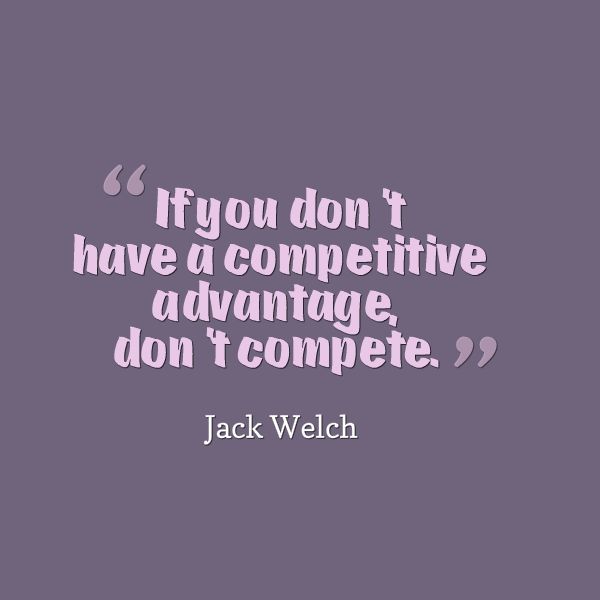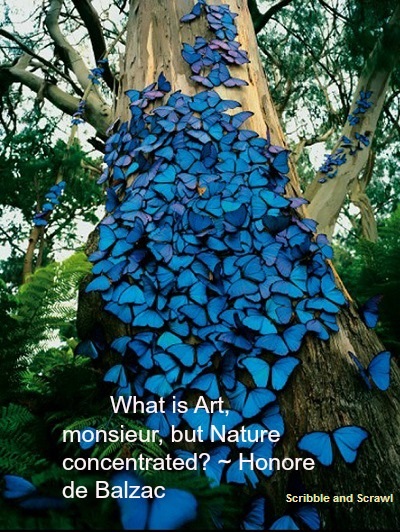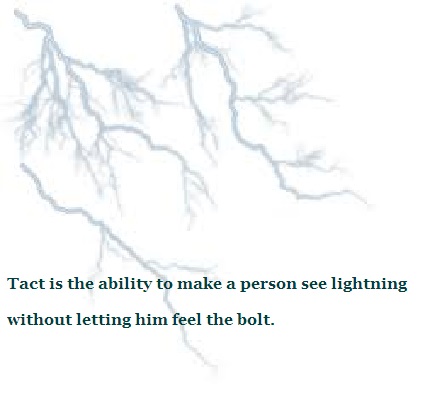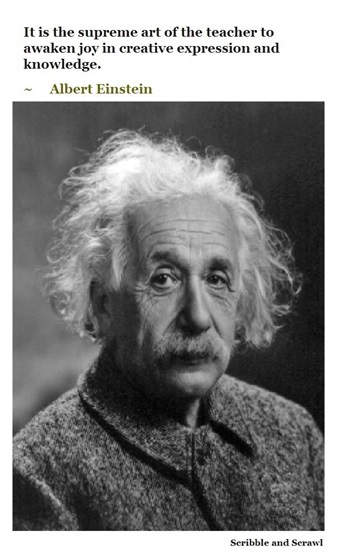By Somali K Chakrabarti
The largest part of what we call 'personality' is determined by how we've opted to defend ourselves against anxiety and sadness. ~ Alain de Botton
We know that some people have a naturally strong mental built, and there are others who are inclined to worry more.
While each individual, in any capacity, needs to cope with anxiety, but the ability to overcome anxiety is absolutely essential for any leadership role. During prolonged periods of uncertainty, leaders must manage their own anxiety as well as the anxiety of their team.
Anxiety may be due to various reasons ranging from environmental factors, to medical condition, to genetic conditions or substance abuse or due to a combination of these factors.
Each of us would have experienced those moments, when we felt our palpitation going up, a strange churning in the stomach, or sweat on the brow just before an important meeting, or an exam, or before getting a medical report, or on any other occasion.
Whatever be the reason for anxiety, it depletes a person of his/her strength.
- Continued anxiety causes excessive worry.
- You suffer from a victim mentality and believe that nothing ever works for you;
- You are restless most of the time, feel irritable at the slightest provocation.
- Your concentration suffers and sleep is disturbed and as a result you tire yourself out very easily.
Those with an anxious disposition, can blame it on their mental constitution, their genes, their fate or can work upon it.
 You are
You are 















